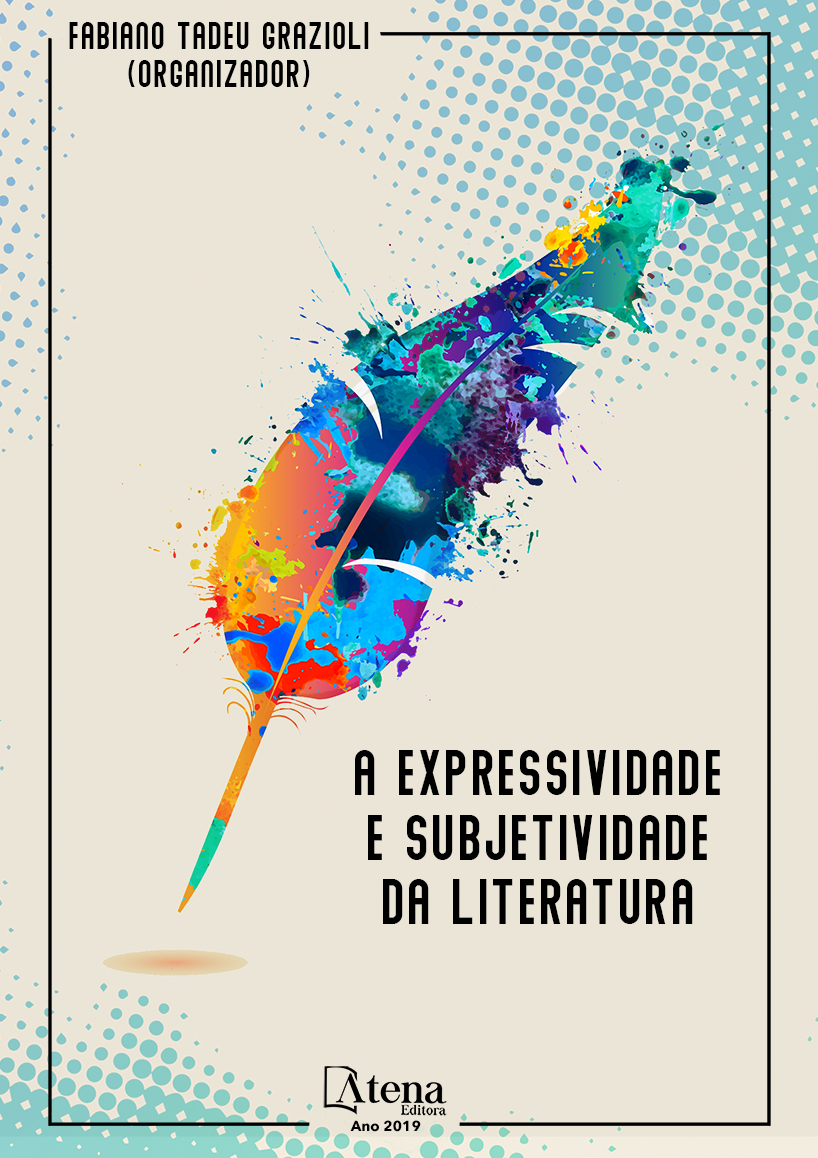
A INFÂNCIA DESNUDA: A REGRA NA VIDA DOS AGREGADOS DA FAMÍLIA ALCÂNTARA EM BELÉM DO GRÃO PARÁ DE DALCÍDIO JURANDIR
Este trabalho trata de uma análise
da obra Belém do Grão-Pará (1960), de
Dalcídio Jurandir. O texto apresenta o universo
amazônico arruinado na primeira metade do
século XX, com o declínio do ciclo da borracha.
Através deste procura-se verificar de que forma
essa narrativa dialoga com a realidade social,
considerando os aspectos as reflexões acerca
das camadas sociais mais pobres. Dessa
forma, serão analisados os indivíduos, suas
representações e pretensões de ascensão
social, destacando em especial as crianças
agregadas na casa da família Alcântara. Assim,
o objetivo deste trabalho é contribuir e ao
mesmo tempo refletir sobre os personagens
infantis que surgem nessa narrativa como
figuras metonímicas do desnudamento humano
apontando para a condição de exceção dos
personagens que estão à margem de qualquer
privilégio no contexto pós-belle époque. Para
abarcar tais considerações utilizaremos como
chaves de leituras as ideias do filósofo italiano
Giorgio Agamben sobre o estado de exceção e
a vida nua e a pesquisadora Tânia Sarmento-
Pantoja sobre a figura do agregado.
A INFÂNCIA DESNUDA: A REGRA NA VIDA DOS AGREGADOS DA FAMÍLIA ALCÂNTARA EM BELÉM DO GRÃO PARÁ DE DALCÍDIO JURANDIR
-
DOI: 10.22533/at.ed.93819020914
-
Palavras-chave: Infância. Vida nua. Agregados.
-
Keywords: Childhood. Bare life Aggregates.
-
Abstract:
This work is an analysis of the
romance “Belém do Grão-Pará” (1960), wrote
by Dalcídio Jurandir. The text presents the
Amazonian universe ruined in the first half of the
20th century, with the decline of the rubber cycle.
Through this, we try to verify how this narrative
dialogues with social reality, considering the
aspects reflections about the poorer social
strata. In this way, individuals will be analyzed,
their representations and pretensions of social
ascension, highlighting in particular the children
aggregated in the house of the Alcântara family.
Thus, the objective of this work is to contribute
and to reflect on the infantile characters that
appear in this narrative like metonymic figures
of the human, pointing to the condition of
exception of the characters that are to the
margin of any privilege in the post-belle époque
context. For this, we will use the ideas of the
Italian philosopher Giorgio Agamben on the
state of exception and the naked life, and the researcher Tania Sarmento-Pantoja on
the figure of the household.
-
Número de páginas: 15
- Rosane Castro Pinto
- Augusto Sarmento-Pantoja


